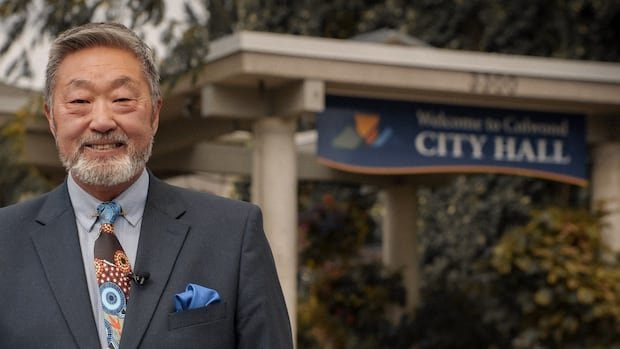In 2022, the mayor of Colwood B.C. faced an unexpected situation during a visit to his family doctor—learning that the doctor was relocating. Doug Kobayashi, who has been serving as the city’s mayor near Victoria, could have waited for the provincial government to address the doctor shortage issue. However, he took proactive steps to address the problem by proposing a unique solution that could serve as a model for other communities in need of family doctors nationwide.
After consulting with doctors regarding their needs, Kobayashi identified key priorities such as reducing paperwork, ensuring financial stability, and improving work-life balance. His innovative idea involved offering family doctors municipal employment, a departure from the common practice in Canada where many doctors operate independently and handle administrative tasks alongside patient care.
The plan aimed to alleviate doctors from administrative burdens by providing them with fixed salaries, benefits, and support staff, akin to managing other municipal services like fire departments. The initiative sought to make the profession more appealing and sustainable, especially in areas struggling to attract and retain healthcare providers.
Colwood’s endeavor to bring family doctors on board as municipal employees has garnered attention from cities nationwide. The concept has piqued interest in other regions like Kamloops, B.C., contemplating similar initiatives. However, challenges such as cost implications and jurisdictional concerns have made some municipalities hesitant to adopt the model.
Despite varying opinions within the medical community, the Colwood Clinic project has drawn praise for its innovative approach to addressing the critical need for family doctors. While not all physicians may opt for this employment structure, the initiative has the potential to inspire other communities to explore unconventional solutions that could significantly impact healthcare accessibility and quality nationwide.

